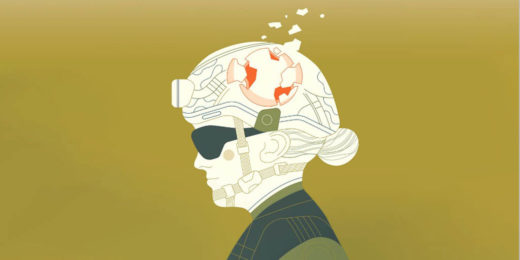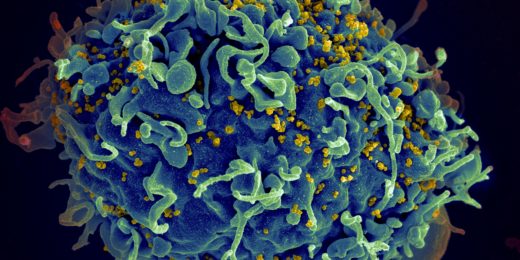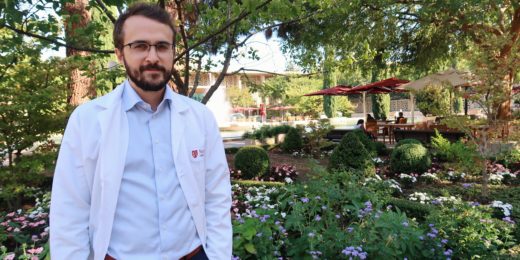Neurosurgeon Michael Lim studies how to unleash the immune system to attack a type of brain cancer called glioblastoma.
Category: Stanford Health Care
Brain trauma is not the same in women and men
Stanford Medicine researchers are exploring how men and women's brains differ after traumatic head injury.
Putting the move back in movement
Researchers at Stanford Medicine explore ways to help patients restore function after neurological illness or injury.
Tracking the progression of liver disease in a dish
Stanford Medicine researchers are creating models of livers in a dish -- organoids -- to better understand liver disease.
Finding joy in music and poetry while navigating Alzheimer’s
In a Stanford Medicine magazine Q&A, flutist Eugenia Zukerman discusses finding joy through music and poetry since her Alzheimer's diagnosis.
Researchers are finding new ways to restore patient’s sight
Stanford Medicine researchers are investigating new ways to restore eyesight for patients with macular degeneration and other eye conditions.
Q&A: Native Hawaiian resident shines light on health disparities
A Stanford Medicine medical student speaks to the disparities in representation of Native Hawaiian and Pacific Islanders in medicine.
The Nobels are almost here. Warm up with this quiz on Stanford Medicine’s laureates
Nobels are quickly approaching. Test your knowledge on Stanford Medicine's past Nobel laureates with this quiz.
Universal hepatitis B screenings can save lives and cut costs, study says
Stanford researchers find that screening all adults in the United States one time for hepatitis B could save money and lives.
Why air pollution is linked to severe cases of COVID-19
A Stanford researcher discusses how toxic pollutants can make people more susceptible to COVID-19 and why people of color are particularly vulnerable.
High blood pressure drugs don’t increase COVID-19 risk, Stanford study finds
People taking two common types of drugs for hypertension are at no heightened risk, as has been feared, for increased severity or complications of COVID-19.
Enlisting the entire immune system strengthens potency of HIV vaccines in development
Two recent Stanford-led studies show the value of tweaking vaccines to enlist the entire immune system — not just part of it — in preventing HIV infection.
Understanding the biological clock of pregnancy
Stanford scientists have built a detailed picture of the biological clock of pregnancy, tracking thousands of metabolic markers throughout gestation.
Ouch: Understanding pain — Part 1
How does a backache translate into such an uncomfortable sensation? And why does some pain go on and on? Stanford pain medicine specialists provide answers.
A twisty career path to improve care for smokers
Jason Melehani, a resident in internal medicine, has had a long and eclectic career path toward developing new therapies to treat tobacco smokers.
Breathing: A reflection on living with asthma
In an excerpt from a piece that originally appeared in Months to Years, writer Dawn Newton looks back on a childhood with severe asthma.

















